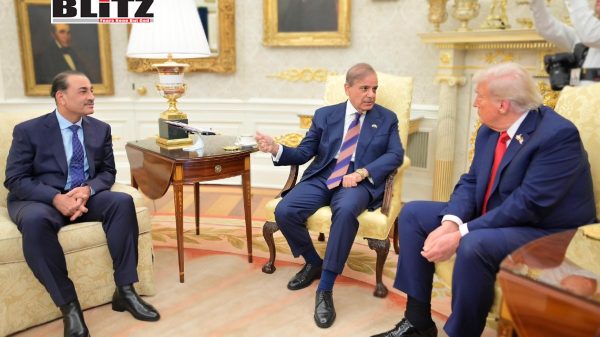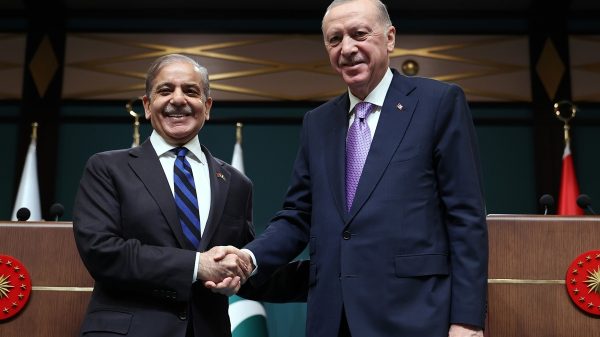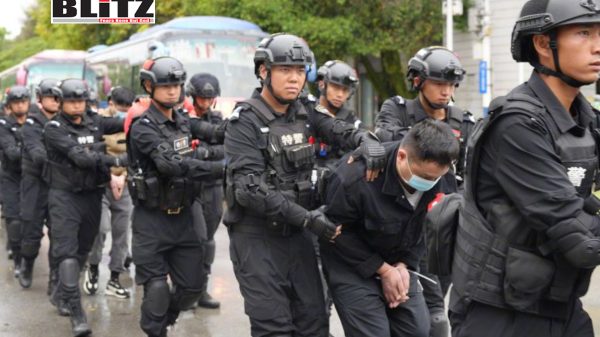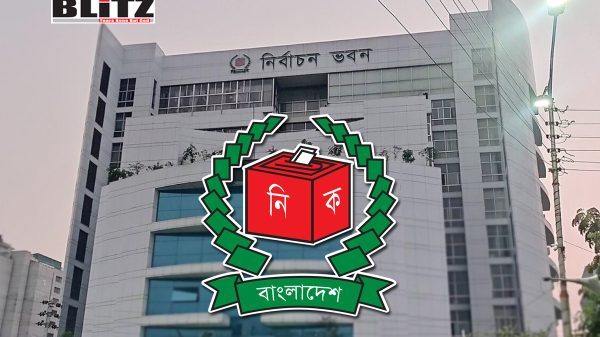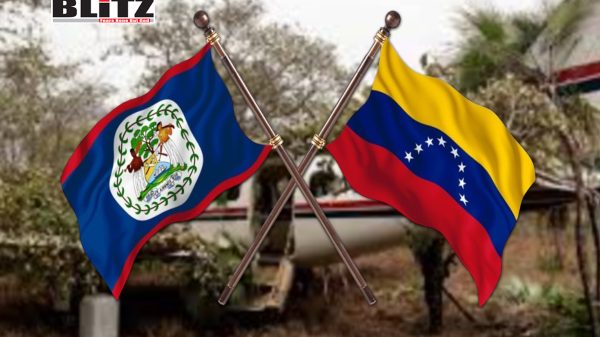Land grabbing scandal in Burkina Faso: Withheld report exposes political corruption
- Update Time : Thursday, October 2, 2025
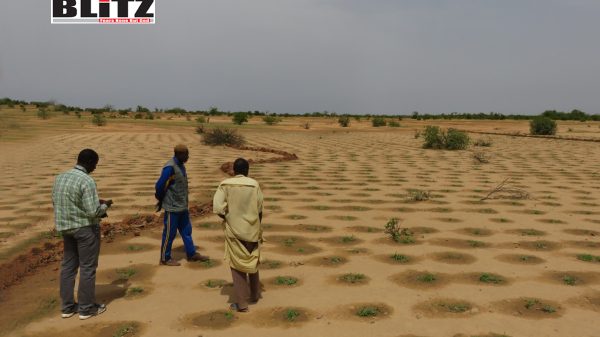
For years, land and housing have stood at the center of political tension in Burkina Faso. The West African country, already plagued by insecurity, poverty, and displacement caused by conflict, is also experiencing a worsening housing crisis. But instead of addressing the urgent need for affordable homes, evidence now shows that politicians and their allies may have profited from a system rife with abuse, speculation, and land grabbing.
A parliamentary report completed in 2020, recently obtained by the Organized Crime and Corruption Reporting Project (OCCRP), has revealed extensive irregularities in the country’s real estate sector. Yet the findings were never released to the public. According to anti-corruption activists, the document was deliberately withheld to shield powerful figures within the ruling party of the time, the People’s Movement for Progress (MPP), from scrutiny.
The report’s contents expose how municipal councils granted land parcels far larger than what the law allowed, directly benefiting companies tied to ruling party politicians.
The commission of inquiry that produced the report was set up in 2020, when the MPP still controlled parliament. Its findings were supposed to be made public before that year’s national elections. Instead, the report was quietly shelved.
Sagado Nacanabo, a senior figure in the Réseau National de Lutte Anti-Corruption (REN-LAC), said the withholding of the report was intentional. The government, he claimed, suppressed it to protect “certain regime leaders or their economic allies” from political fallout ahead of elections.
“Land has always been one of the main sources of illicit enrichment for political leaders and their allies,” Nacanabo told OCCRP. “This report clearly showed that.”
The revelations highlight a broader pattern: in Burkina Faso, the land question has long been manipulated not only as a tool for political gain but also as a lucrative source of enrichment for elites.
The unpublished report listed several real estate firms that benefited from irregular land allocations. Among them, one company in particular stood out: Assistance Technique et Travaux Publics (ATTP).
Corporate documents reviewed by journalists showed that ATTP was co-founded in 2017 by Pegdwende Roger Nikiema, a municipal councillor for the MPP at the time of the inquiry. While later records remain unavailable, media accounts continue to mention his involvement with the company up until at least 2024.
Another key figure linked to ATTP is Abdoulaye Sourgou, also an MPP member. His social media posts and ATTP’s own pages confirm he was an executive in 2019. Local media later reinforced this connection in 2020. Although Sourgou’s personal electoral bid under the MPP banner failed, he played a central role in President Roch Marc Christian Kaboré’s re-election campaign that same year.
Neither Nikiema nor Sourgou responded to questions about their involvement. Alassane Bala Sakandé, the then-parliamentary president and now head of the MPP, also declined to comment.
At the time of the inquiry, ATTP had already secured rights to over 3,200 hectares of land, more than any other developer. The second-largest beneficiary, another private firm, held just under 2,500 hectares.
By law, municipalities are restricted to transferring plots of no more than 50 hectares. But the parliamentary inquiry found that in the Greater Ouagadougou area alone, seven municipalities had illegally granted much larger parcels. In some cases, the allocations doubled or tripled the legal cap, reaching hundreds of hectares at a time.
The problem traces back to 2008, when Burkina Faso passed a real estate development law aimed at liberalizing the sector. The intent was to encourage private investment to meet the growing demand for housing. Instead, the legislation created opportunities for speculative profiteering.
Private developers were allowed to obtain land in exchange for promises to build housing or public infrastructure-schools, health centers, or cultural buildings. But according to the parliamentary report, these commitments were rarely honored.
“Almost all real estate developers are engaged in the sale of undeveloped plots,” the commission concluded. The pattern was clear: companies acquired land cheaply under the pretense of development, then flipped it for profit without laying a single brick.
This system encouraged speculation on a massive scale. The inquiry noted that several firms had obtained more land than they could possibly afford to develop, a red flag for land grabbing and hoarding.
When Roch Marc Christian Kaboré and the MPP first came to power in 2015, they pledged to tackle Burkina Faso’s housing shortage. But instead of improving, the crisis deepened.
The number of licensed real estate companies skyrocketed from just 57 in 2015 to 275 by 2019. Yet the surge in developers did not translate into more affordable homes. Urban residents, particularly in Ouagadougou, continued to face soaring land prices and a chronic lack of housing.
For ordinary citizens, land became increasingly unattainable, while elites connected to the ruling party accumulated vast plots. The situation fueled resentment in a country already beset by inequality and instability.
The exposure of the suppressed report comes against the backdrop of Burkina Faso’s turbulent politics. President Kaboré, whose administration presided over these land deals, was overthrown in a military coup in 2022. His fall was largely attributed to failures in managing the security crisis caused by armed insurgencies. But revelations of corruption in areas like land management have also tarnished his party’s legacy.
The military junta that replaced Kaboré has promised to crack down on corruption. Yet little evidence suggests that systemic issues in the real estate sector have been addressed. Access to corporate ownership records remains severely limited, making it nearly impossible for journalists or citizens to trace who is truly benefiting from land allocations.
Behind the technical details of hectares, companies, and municipal overreach lies a human crisis. Burkina Faso’s population is rapidly growing, with millions of people displaced internally due to conflict and climate pressures. Affordable housing is desperately needed.
Instead, speculative land grabbing by political elites has made matters worse. The land that could have been used to build homes for families or schools for children is locked up in the hands of developers who see it primarily as an asset for quick profit.
For many in civil society, the unpublished report is a painful reminder of how governance in Burkina Faso has often served narrow interests rather than the broader public good. The refusal to release the findings when they were most relevant-before the 2020 elections-underscores how transparency is sacrificed for political expediency.
The land grabbing scandal revealed by the hidden 2020 parliamentary report illustrates a deep nexus of politics, corruption, and speculation in Burkina Faso’s real estate sector. By deliberately withholding the report, the ruling MPP shielded its own members from accountability, while the country’s housing crisis worsened.
For citizens still struggling to secure shelter, the episode reinforces a bitter truth: land, one of Burkina Faso’s most vital resources, has been treated less as a foundation for national development and more as a currency for political patronage and personal enrichment. Unless systemic reforms bring transparency and enforce accountability, the cycle of land speculation and public betrayal is likely to continue.





